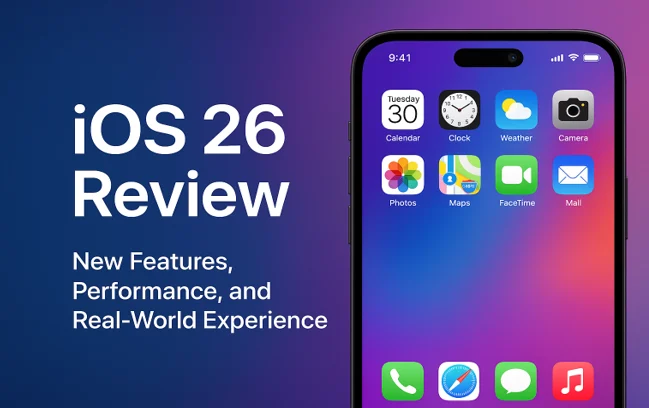
Passkeys offer a safer and more convenient alternative to traditional passwords and two-step verification codes.
Google has revealed its latest move towards a future without passwords by launching passkeys for its users across major platforms. Passkeys are cryptographic keys that mandate preauthenticated devices, providing a more secure and convenient option in place of traditional passwords and two-step verification codes.
What Are Passkeys and How Do They Work?
Passkeys offer a more secure and convenient alternative to traditional passwords and other sign-in systems such as two-factor authentication or SMS verification. Users can use a local PIN or their device’s biometric authentication, such as fingerprint or Face ID, instead of passwords. This biometric data remains private and is not shared with Google or any third party. Since passkeys are solely stored on users’ devices, they offer a superior level of security and protection because there is no password that can be stolen in a phishing attack.
After a passkey is associated with a Google account, users will be asked to provide it during sign-in or when there is suspicious activity that demands more verification. These passkeys can be saved on any suitable hardware, such as iPhones powered by iOS 16 or devices running on Android 9. Moreover, they can be effortlessly shared between different devices through several services, including iCloud and password managers like Dashlane and 1Password.
Why is Google Pushing for Passkeys?
Google, Apple, Microsoft, and other tech companies aligned with the FIDO Alliance are pushing for passkeys as a safer and more convenient alternative to passwords. With passkeys, users can replace passwords and other sign-in systems with a local PIN or biometric authentication, such as a fingerprint or Face ID. Passkeys are more secure and protected against phishing attacks because they exist solely on users’ devices, and the biometric data used to authenticate them is not shared with Google or any other third-party.
Google’s Plans for the Future of Passkeys
While existing login methods like passwords will continue to be supported for the foreseeable future, Google is encouraging users to make the switch to passkeys now and plans to eventually transition entirely to passkeys. This move has been welcomed by Andrew Shikiar, executive director of FIDO Alliance, who believes that Google’s implementation will serve as a tipping point for the accelerated adoption of passkeys.
Passkey support is expected to take some time to become widely adopted, as passkey-supported sites and services are still relatively rare. However, companies like Google fully embracing a passwordless future is likely to accelerate the adoption of this technology.
Conclusion
Google’s introduction of passkeys for a passwordless future is a significant step towards a more secure and convenient way of signing in to accounts. While it may take some time for passkey support to become widely adopted, companies like Google fully embracing this technology will likely accelerate its adoption in the near future.







